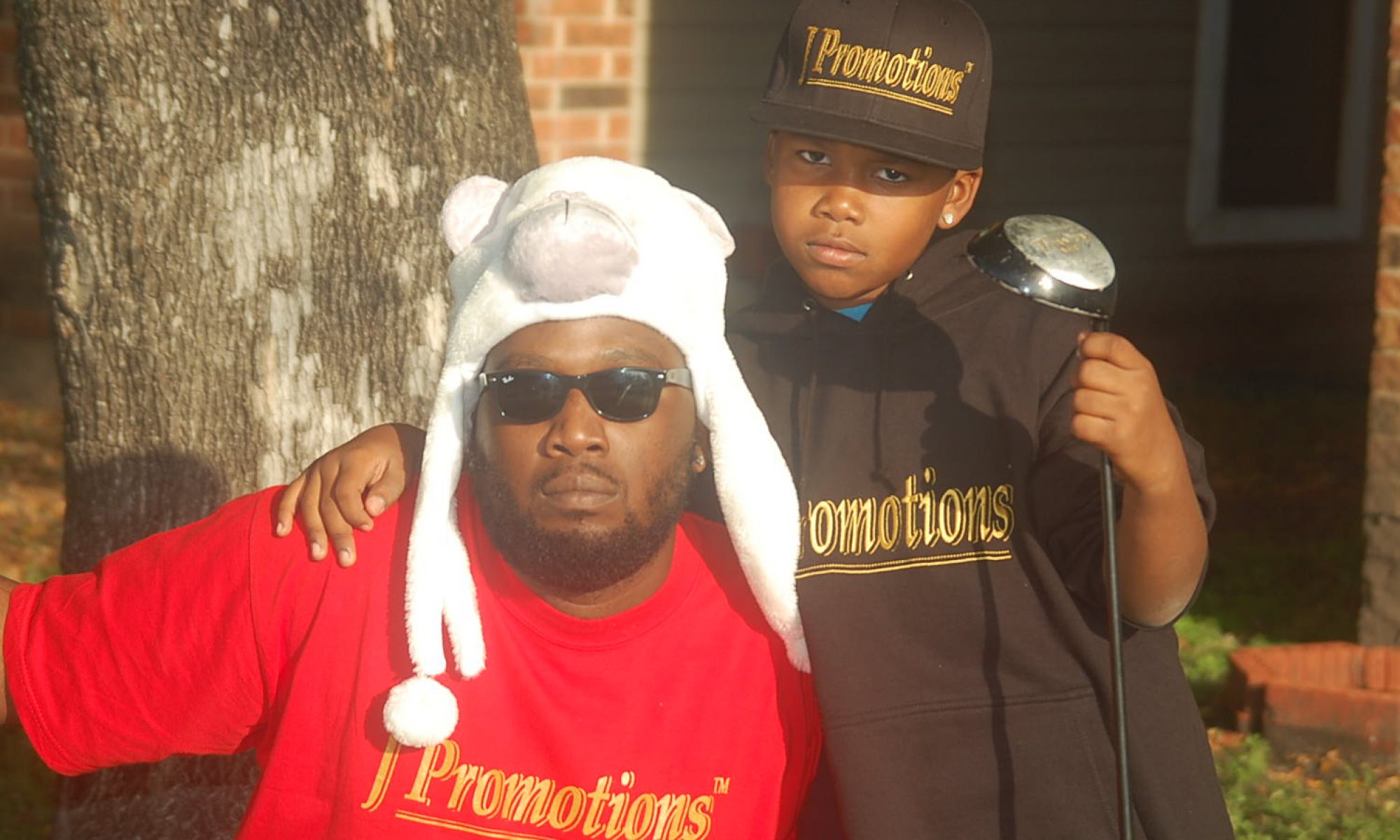function onPlayerReadyVidible(e){‘undefined’!=typeof HPTrack&&HPTrack.Vid.Vidible_track(e)}!function(e,i){if(e.vdb_Player){if(‘object’==typeof commercial_video){var a=”,o=’m.fwsitesection=’+commercial_video.site_and_category;if(a+=o,commercial_video[‘package’]){var c=’&m.fwkeyvalues=sponsorship%3D’+commercial_video[‘package’];a+=c}e.setAttribute(‘vdb_params’,a)}i(e.vdb_Player)}else{var t=arguments.callee;setTimeout(function(){t(e,i)},0)}}(document.getElementById(‘vidible_1’),onPlayerReadyVidible);
Fashion industry satire “Zoolander 2” led nominations on Monday for the annual Razzie Awards, a list of the year’s worst films that includes performances by past Oscar winners Robert De Niro, Ben Affleck and Julia Roberts.
The tongue-in-cheek Razzies, created in 1980, serve as an antidote to Hollywood’s Oscars ceremony. Winners of the year’s worst films – if they turn up – are given a gold, spray-painted trophy at a ceremony held on the eve of the Academy Awards in February.
“Zoolander 2,” a sequel that was 15 years in the making and which bombed at the box office, received eight Razzie nominations, including for its director and star Ben Stiller, as well as co-stars Owen Wilson and Will Ferrell.
Affleck earned a nomination for his role in comic book hero movie “Batman v Superman; Dawn of Justice,” which also was a Razzie pick for worst film, sequel and screenplay.
Although slammed by critics, audiences embraced the movie, which went on to take in some $873 million at the global box office.
Other worst picture Razzie nominees were the De Niro comedy “Dirty Grandpa”; action movie “Independence Day: Resurgence,” starring Liam Hemsworth and Jeff Goldblum; fantasy adventure “Gods of Egypt,” and the documentary “Hillary’s America: The Secret History of the Democratic Party.”
Roberts was nominated worst actress for her role in the romantic comedy “Mother’s Day,” in which the dark-haired actress grabbed attention for wearing a distracting ginger bob wig.
Johnny Depp and his “vomitously vibrant costume” from “Alice Through the Looking Glass,” was among the worst screen combo contenders, along with what Razzie organizers dubbed “the entire cast of once respected actors” from “Collateral Beauty,” which starred Will Smith, Helen Mirren, Edward Norton and Kate Winslet.
Nominees and winners of the Razzies are voted for online by around 1,000 Razzie members from 24 countries, who sign up on line and pay a $40 membership fee. The winners will be announced on Feb. 25.
See below for the full list of this year’s Razzie nominees.
WORST PICTURE
”Batman v Superman: Dawn of Justice”
“Dirty Grandpa”
”Gods of Egypt”
”Hillary’s America: The Secret History of the Democratic Party”
”Independence Day: Resurgence”
”Zoolander No. 2”
WORST ACTOR
Ben Affleck, “Batman v Superman: Dawn of Justice”
Gerard Butler, “Gods of Egypt & London Has Fallen”
Henry Cavill, “Batman v Superman: Dawn of Justice”
Robert de Niro, “Dirty Grandpa”
Dinesh D’Souza, “Hillary’s America: The Secret History of the Democratic Party”
Ben Stiller, “Zoolander No. 2”
WORST ACTRESS
Megan Fox, “Teenage Mutant Ninja Turtles: Out of the Shadows”
Tyler Perry, “BOO! A Medea Halloween”
Julia Roberts, “Mother’s Day “
Becky Turner, “Hillary’s America: The Secret History of the Democratic Party”
Naomi Watts, “Divergent Series: Allegiant” & “Shut-In”
Shailene Woodley, “Divergent Series: Allegiant”
WORST SUPPORTING ACTRESS
Julianne Hough, “Dirty Grandpa”
Kate Hudson, “Mother’s Day”
Aubrey Plaza, “Dirty Grandpa”
Jane Seymour, “Fifty Shades of Black”
Sela Ward, “Independence Day: Resurgence”
Kristen Wiig, “Zoolander No. 2”
WORST SUPPORTING ACTOR
Nicolas Cage, “Snowden”
Johnny Depp, “Alice Through the Looking Glass”
Will Ferrell, “Zoolander No. 2”
Jesse Eisenberg, “Batman v Superman: Dawn of Justice”
Jared Leto, “Suicide Squad”
Owen Wilson, “Zoolander No. 2”
WORST SCREEN COMBO
Ben Affleck & His BFF (Baddest Foe Forever) Henry Cavill, “Batman v Superman: Dawn of Justice”
Any 2 Egyptian Gods or Mortals, “Gods of Egypt”
Johnny Depp & His Vomitously Vibrant Costume, “Alice Through the Looking Glass”
The Entire Cast of Once Respected Actors, “Collateral Beauty”
Tyler Perry & That Same Old Worn Out Wig, “BOO! A Medea Halloween”
Ben Stiller and His BFF (Barely Funny Friend) Owen Wilson, “Zoolander No. 2”
WORST DIRECTOR
Dinesh D’Souza and Bruce Schooley, “Hillary’s America: The Secret History of the Democratic Party”
Roland Emmerich, “Independence Day: Resurgence”
Tyler Perry,” BOO! A Medea Halloween”
Alex Proyas, “Gods of Egypt”
Zack Snyder, “Batman v Superman: Dawn of Justice”
Ben Stiller, “Zoolander No. 2”
WORST PREQUEL, REMAKE, RIP-OFF or SEQUEL
”Alice Through the Looking Glass”
”Batman v Superman: Dawn of Justice: Dawn of Justice”
“Fifty Shades of Black”
”Independence Day: Resurgence”
”Teenage Mutant Ninja Turtles: Out of the Shadows”
”Zoolander No. 2”
WORST SCREENPLAY
”Batman v Superman: Dawn of Justice”
”Dirty Grandpa”
”Gods of Egypt”
”Hillary’s America: The Secret History of the Democratic Party”
”Independence Day: Resurgence”
”Suicide Squad”
— This feed and its contents are the property of The Huffington Post, and use is subject to our terms. It may be used for personal consumption, but may not be distributed on a website.
Source: HuffPost Black Voices
